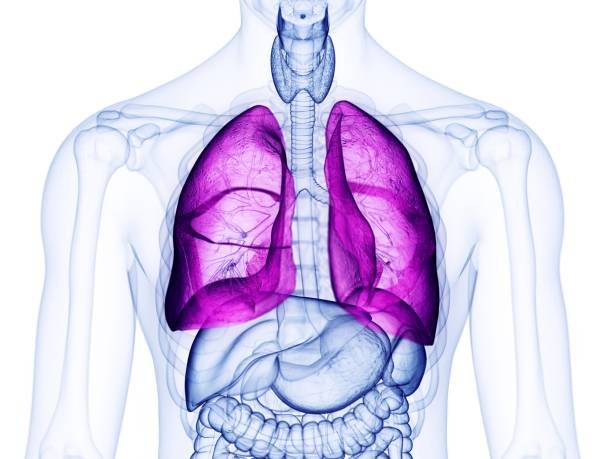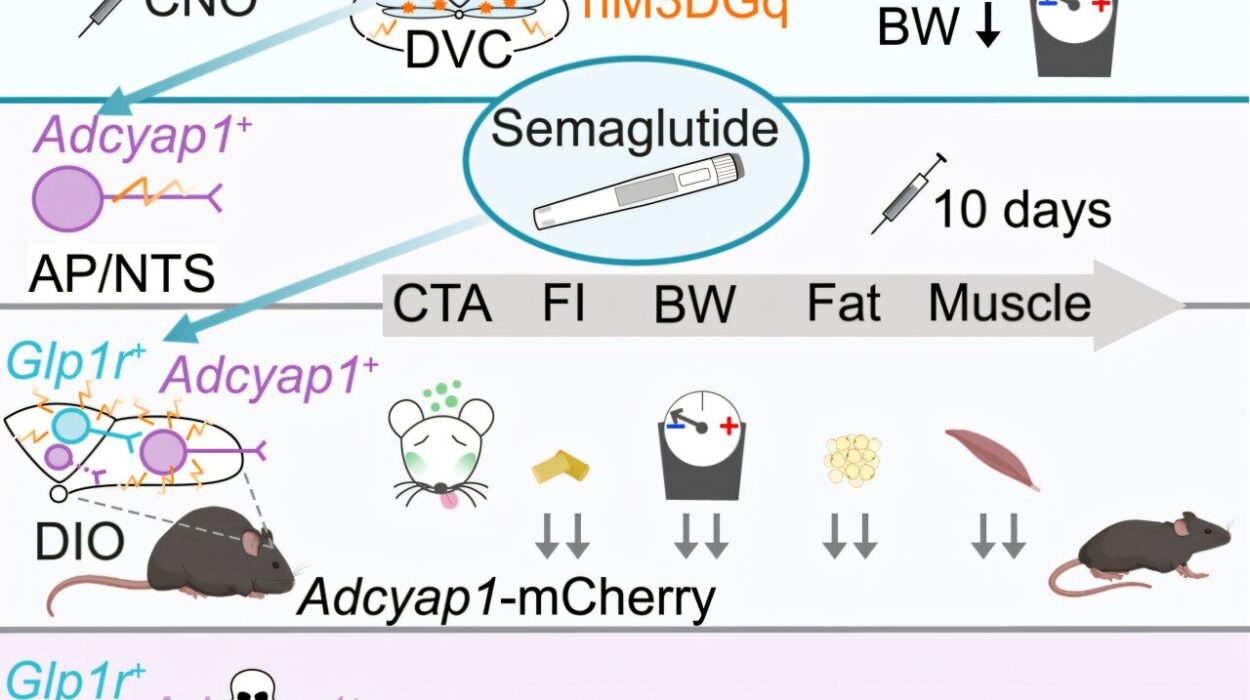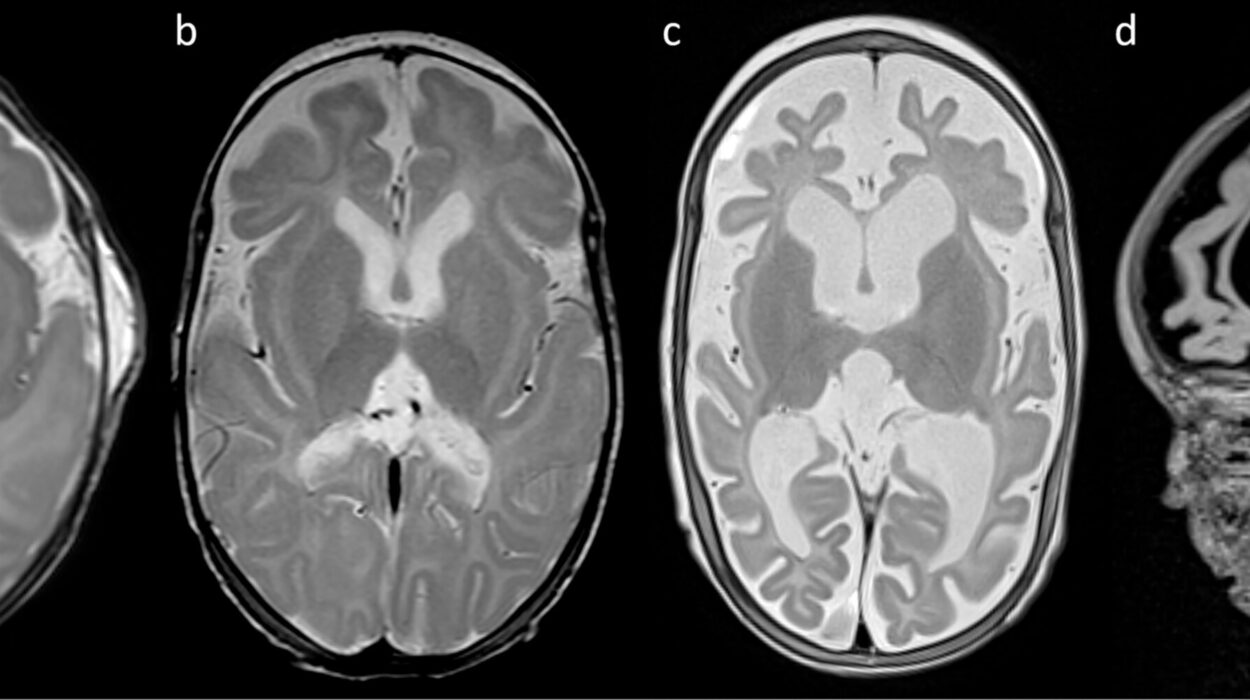Premature ejaculation remains the most commonly reported sexual dysfunction among men, affecting a significant portion of the male population across cultures and age groups. While it has long been defined by its hallmark feature—ejaculation occurring earlier than desired, often within a minute of vaginal penetration—the reasons behind it have continued to spark scientific debate. New research published in The Journal of Sexual Medicine, shines a revealing light on the psychological underpinnings of this condition, offering compelling evidence that impulsivity and mental health struggles may play critical roles in its severity.
Unpacking the Behavioral Link: Impulsivity as a Core Feature
What if premature ejaculation was not just a biological reflex gone awry, but a manifestation of deeper behavioral traits? This study, conducted in Türkiye, explored precisely that possibility. It examined how various forms of impulsivity relate to the severity of lifelong premature ejaculation in a controlled cohort of men. The focus was on men who had experienced the condition from their first sexual encounters—an often underexplored subgroup that may offer clues to the innate versus acquired origins of the dysfunction.
The sample included 80 heterosexual men aged 18 to 45, split evenly between those diagnosed with lifelong premature ejaculation and a healthy control group. All participants were in ongoing sexual relationships for at least six months and engaged in regular vaginal intercourse. The careful selection criteria ensured that sexual experience, frequency, and relational context were consistent across the groups, allowing the spotlight to focus squarely on psychological differences.
Timing the Moment: Objective Measurement of Ejaculation
To cut through the subjectivity that often plagues sexual health research, the investigators employed a stopwatch-based method of measuring ejaculation latency. Participants and their partners were asked to time intercourse from penetration to ejaculation, lending an uncommon level of precision to the study’s data. Though unusual, this method helped the researchers distinguish between perceived and actual rapid ejaculation, grounding the study’s conclusions in measurable outcomes.
Impulsivity Scales Reveal Distinct Psychological Patterns
Participants completed several well-established psychological assessments. These included the Arabic Index of Premature Ejaculation to measure symptom severity, the Barratt Impulsiveness Scale, and the UPPS Impulsive Behavior Scale to evaluate different dimensions of impulsivity. Depression and anxiety were also assessed using standardized inventories.
The results painted a clear and consistent picture: men with lifelong premature ejaculation scored significantly higher on all impulsivity measures. Whether it was urgency, lack of planning, sensation-seeking, or difficulty with perseverance, the affected individuals consistently displayed traits that align with poor impulse control. These behavioral patterns were not only statistically significant but appeared to increase in intensity among those with the most rapid ejaculation times.
The Mood Connection: Anxiety and Depression on the Rise
Beyond impulsivity, the study found startlingly high levels of anxiety and depression among men suffering from premature ejaculation. These men reported depression scores roughly six times higher and anxiety scores nearly five times higher than their counterparts in the control group. Though the study design could not definitively establish causality, the correlation was robust. It suggested a complex interplay in which psychological distress might both contribute to and result from chronic sexual dysfunction.
Interestingly, when the researchers divided participants with premature ejaculation into subgroups based on ejaculation timing—ranging from pre-penetration to within 60 seconds post-penetration—they noticed that depression and anxiety did not vary much between categories. This hinted at a generalized psychological burden among all men with the condition, rather than one tied directly to how short the latency time was. However, impulsivity did vary significantly, with the most severe cases showing the highest levels of impulsive traits.
Impulse Control and the Neuroscience of Ejaculation
These findings build on a growing body of literature suggesting that premature ejaculation may share psychological features with impulse control disorders. In such conditions, individuals struggle to delay gratification or resist urges, despite awareness of the consequences. The neurobiological pathways involved—particularly those governing serotonin regulation and reward anticipation—may overlap with those involved in premature ejaculation.
This perspective opens new avenues for understanding the disorder. Rather than viewing it solely through the lens of performance anxiety or physiological malfunction, it may be more useful to consider it as part of a broader behavioral profile. Such a model incorporates cognitive control, emotional regulation, and reward processing—all areas influenced by both genetics and life experience.
Rethinking Treatment Strategies: From Medication to Mindfulness
Historically, treatments for premature ejaculation have centered on either behavioral therapies—such as the stop-start technique—or pharmacological interventions that prolong ejaculation latency by altering serotonin levels. While these remain valuable tools, they may not address the root psychological causes in men whose impulsivity undermines their sexual control.
The study’s findings suggest that new treatment approaches could be developed that target impulse regulation more directly. Cognitive behavioral therapy (CBT), for example, has a strong track record in helping individuals manage compulsive behaviors and improve emotional regulation. Similarly, mindfulness-based therapies can cultivate greater awareness of physical sensations and emotional responses, allowing for more deliberate control over arousal and timing.
If impulsivity is a significant underlying factor in lifelong premature ejaculation, therapies aimed at improving self-regulation may not only improve ejaculation latency but also reduce associated psychological distress. This shift in approach would treat the disorder not just as a sexual dysfunction, but as a broader behavioral health issue.
The Importance of Personalized Diagnosis
One of the study’s key takeaways is the importance of comprehensive psychological evaluation in men presenting with premature ejaculation. Too often, clinicians focus solely on the timing of ejaculation, without considering the patient’s mental health, personality traits, or impulse control challenges. By including assessments for impulsivity, depression, and anxiety, healthcare providers could better understand the full spectrum of contributing factors and design more targeted, effective treatment plans.
In clinical practice, this might involve an initial screening using impulsivity inventories and mood questionnaires alongside physical examinations and sexual history. If a patient shows signs of high impulsivity or emotional distress, they could be referred for psychotherapeutic interventions in addition to—or even instead of—traditional sexual health treatments.
A Call for Broader Research and Cultural Sensitivity
While the study offers groundbreaking insights, the researchers themselves acknowledge its limitations. The sample size was relatively modest, and the cultural setting may influence the generalizability of the results. Premature ejaculation, like all sexual behaviors, is shaped in part by cultural attitudes, relationship norms, and societal expectations. What holds true in one country or community may not be entirely applicable in another.
Future research would benefit from larger, more diverse samples that include men of different sexual orientations, cultural backgrounds, and relationship statuses. Such studies could deepen our understanding of how universal the impulsivity connection is—and whether different therapeutic strategies work best in different populations.
A Complex, Human Story Beneath the Statistics
At its core, this research underscores an important truth: premature ejaculation is not simply a matter of timing, but a deeply human experience shaped by the interplay of biology, behavior, and emotion. Men who struggle with this condition often suffer in silence, burdened by shame, frustration, and relationship strain. By broadening the lens through which we view this disorder, we not only deepen our scientific understanding but also foster greater compassion in clinical care.
Incorporating psychological insights—especially regarding impulsivity and emotional health—offers a more holistic view of male sexual dysfunction. It invites us to move beyond quick fixes and symptom suppression and toward a model of care that honors the complexity of the individual.
The next frontier in sexual health may not lie in a pill or a procedure but in the ability to see premature ejaculation as part of a broader psychological narrative—one that, with the right support, can be understood, addressed, and transformed.






